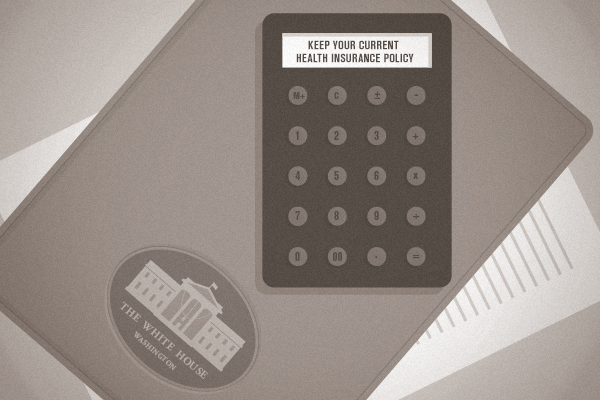Bloomberg.com followed up on the Obamacare sign-up fiasco. Depending on the source, it might sound like Armageddon or a minor rain shower. Regardless, a program this large was guaranteed to hiccup. However, this hiccup is relevant. Patients who have actually completed their portion of enrollment, and submitted information to the exchange and opted for a plan, are facing a red tape problem — their electronic files are inaccessible or incomplete, thereby stymying insurance processing. Insurers are throwing their hands in the air, saying they can’t do anything, and leaving the subscribers out to dry. It gets worse. These participants might not be technically “insured” come January 1, 2014, and could face a fine.
So what’s the take away? More red tape, more problems.
READ BLOOMBERG’S FOLLOW UP ON OBAMACARE ENROLLMENT
These are the types of bureaucratic headaches that our Atlas.md EMR software was built to avoid. Great news, the free beta version of our software just launched. You can sign up here.




